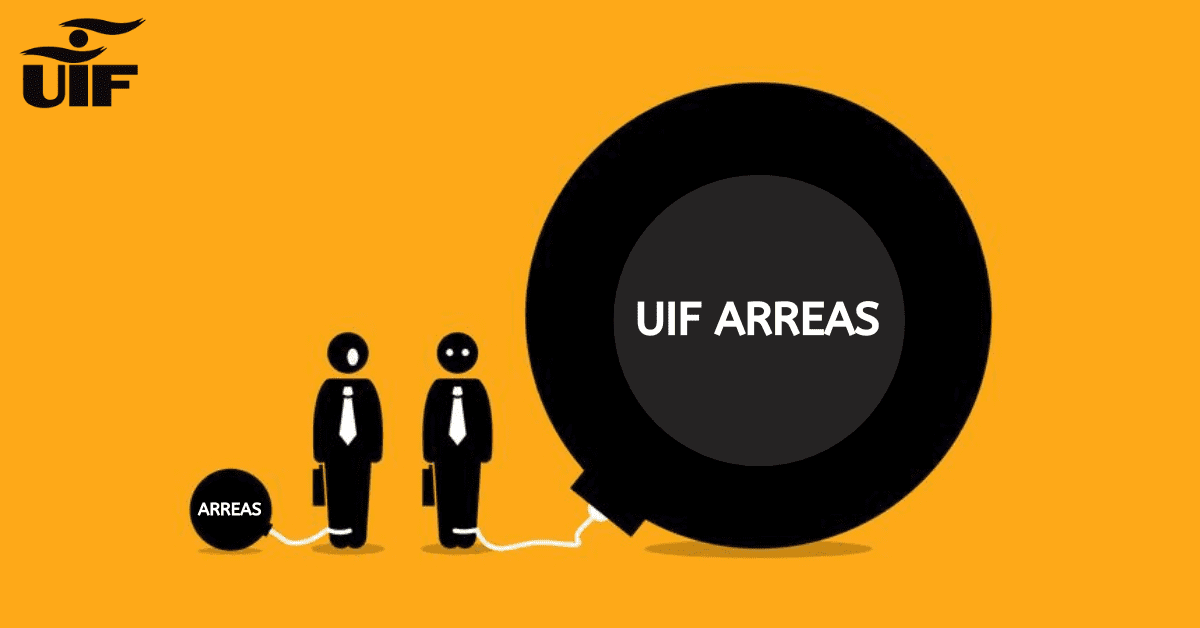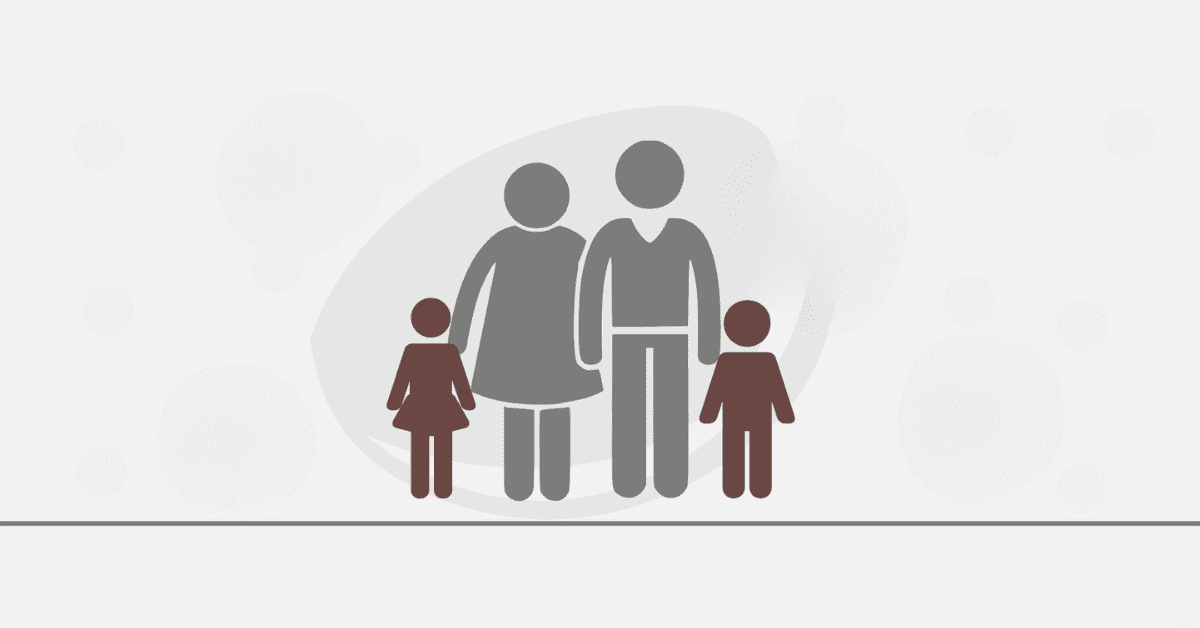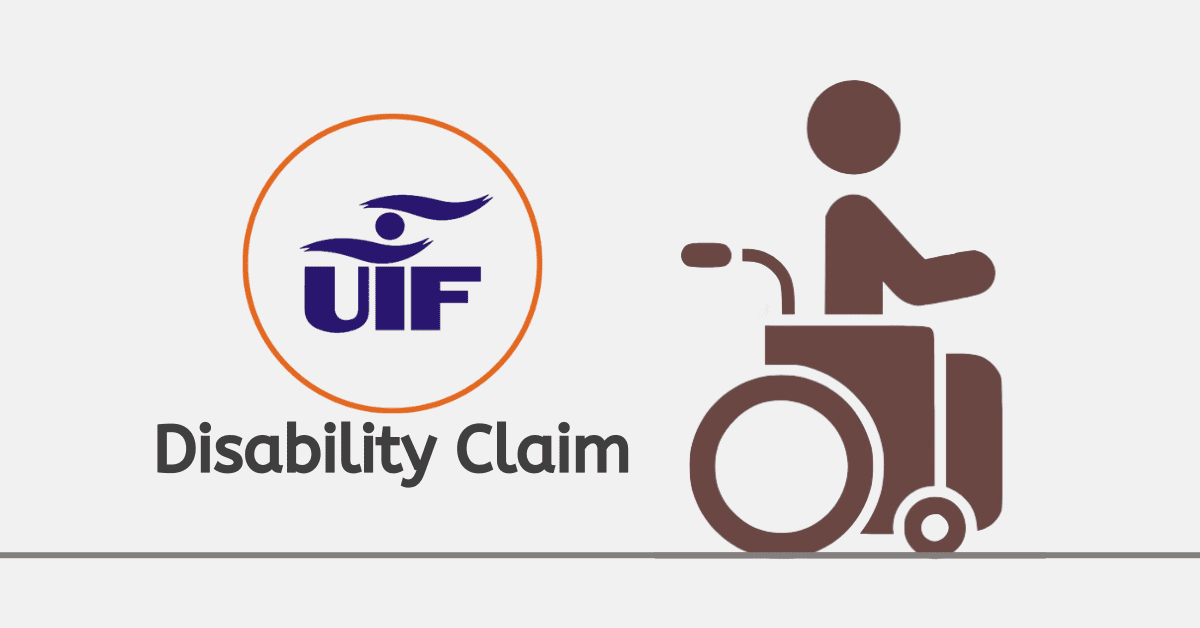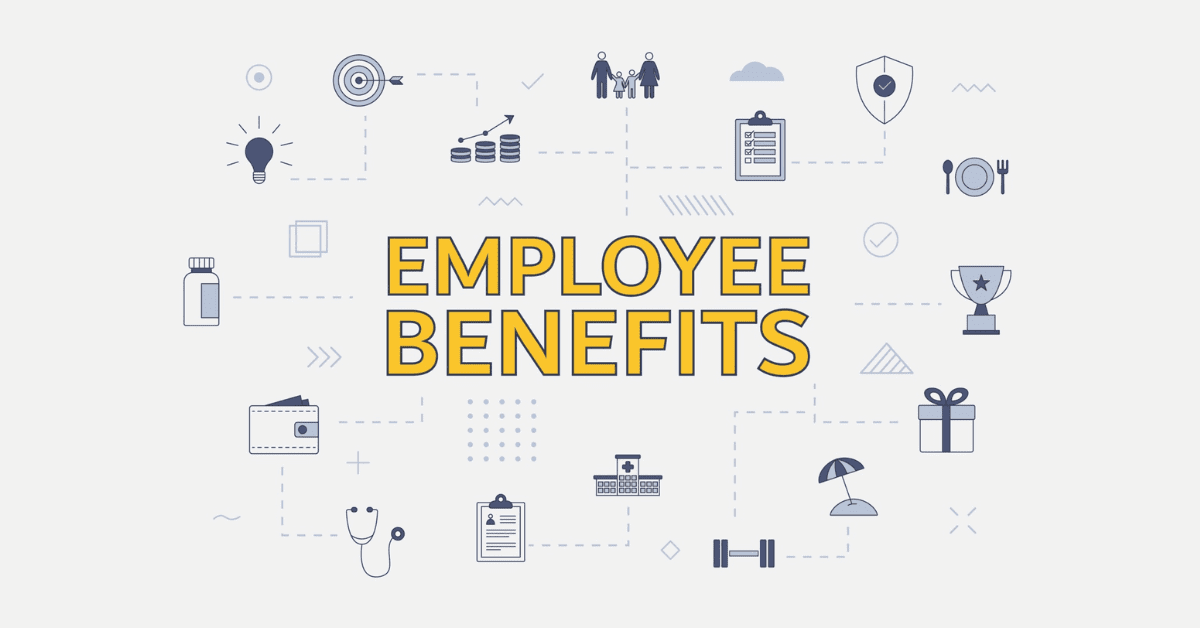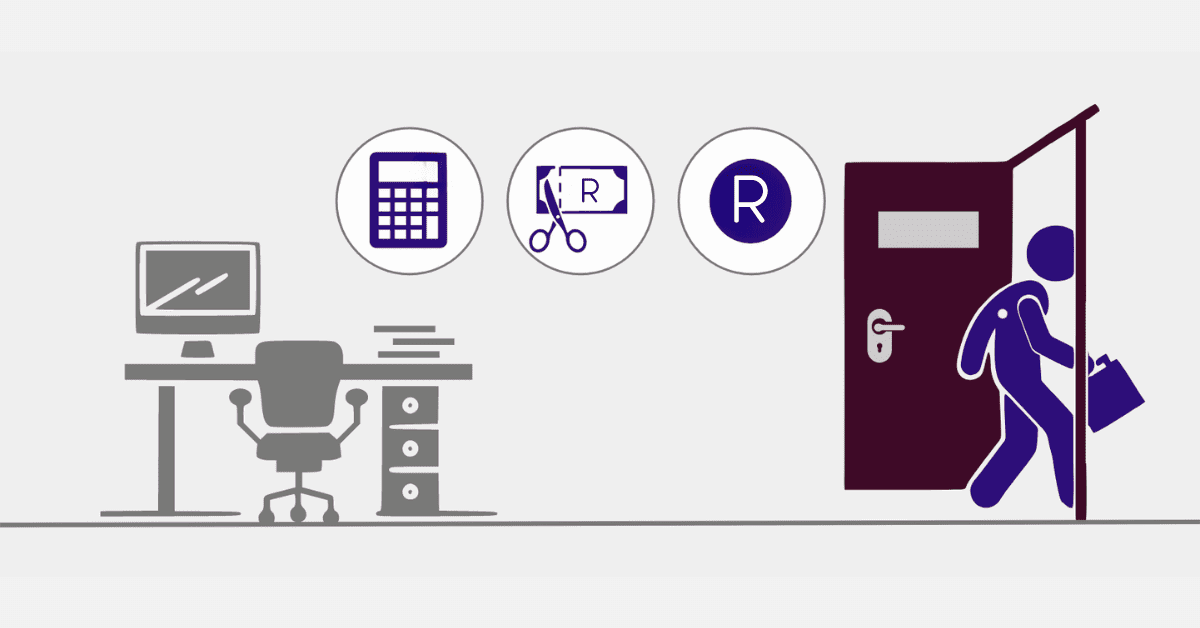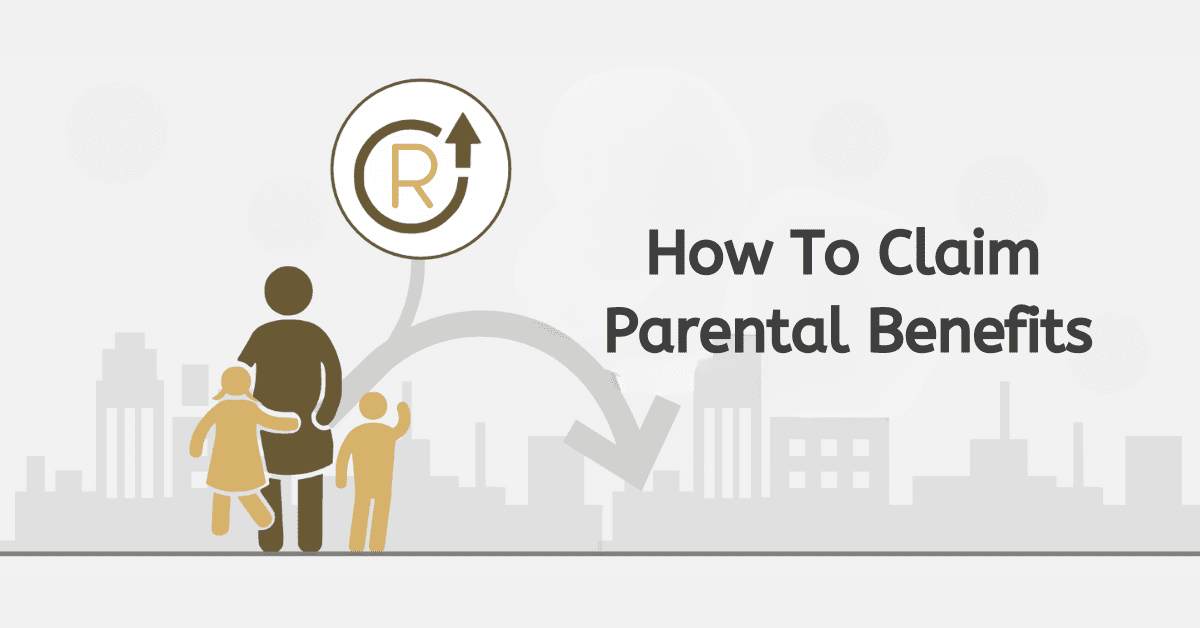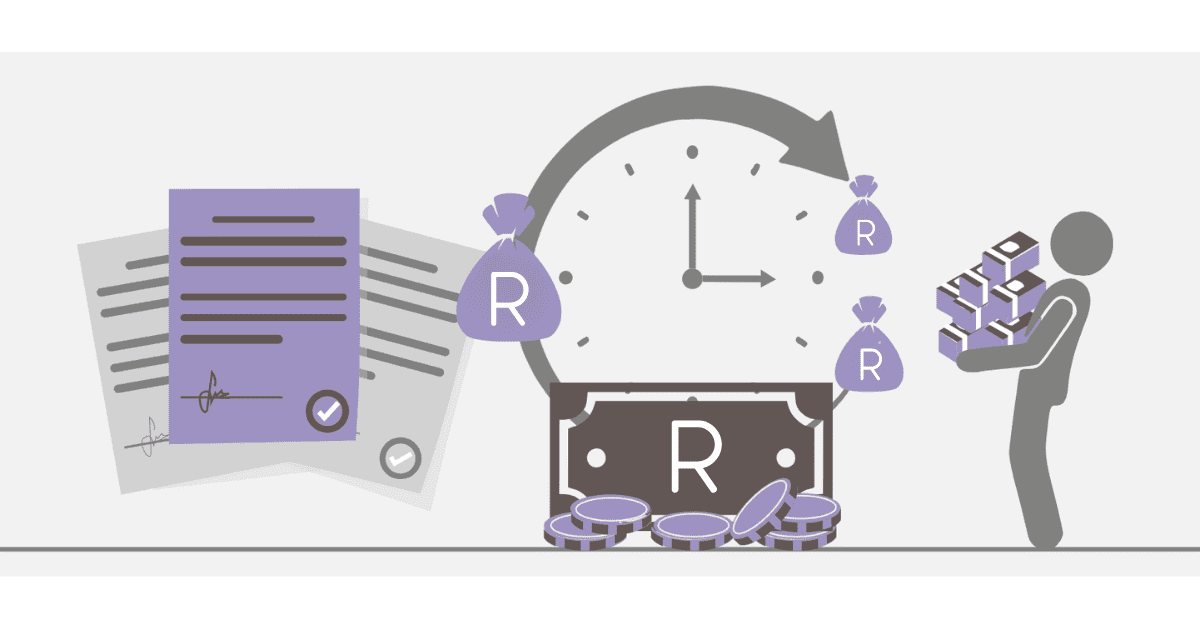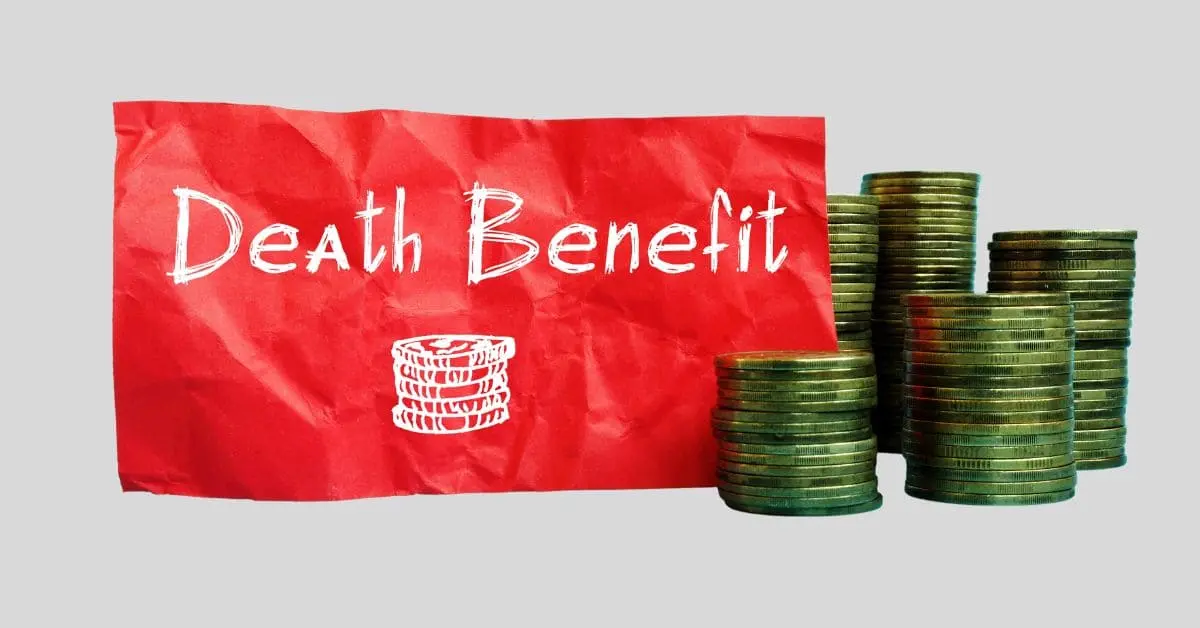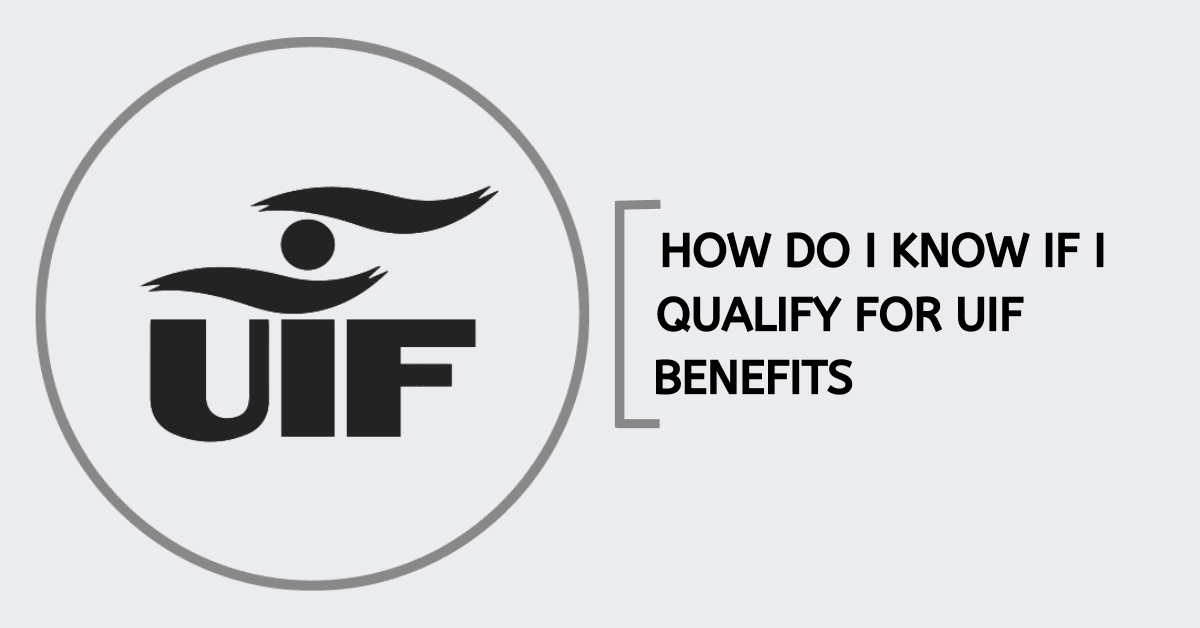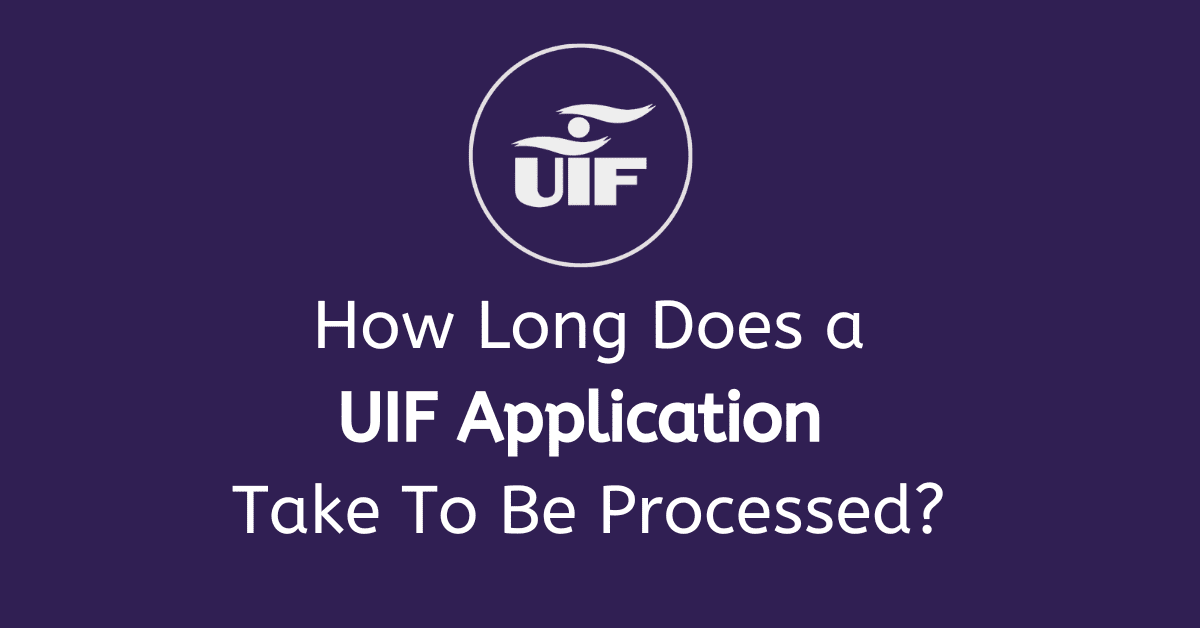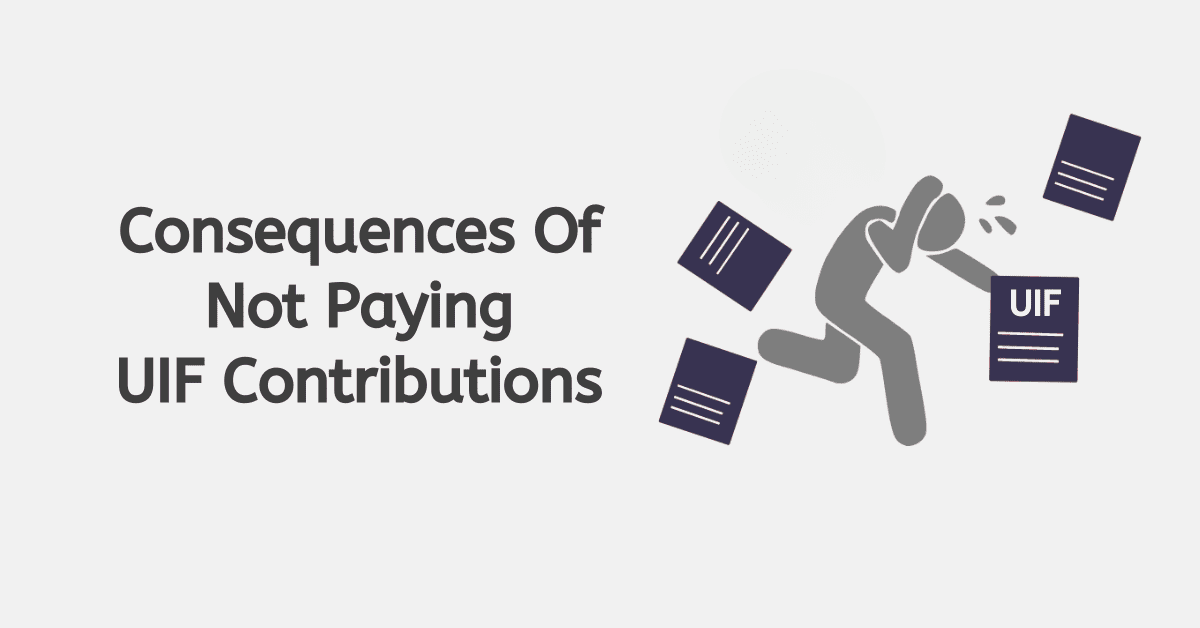Death is a difficult time for families and those left behind. It can be even more challenging to navigate the legal and financial aspects of a deceased person’s estate. One significant benefit you can claim in South Africa is the Unemployment Insurance Fund (UIF).
This blog post will look at who can claim UIF for a deceased person, what documents are needed to make a claim, how much is paid out, and who cannot claim UIF. We’ll also look at how long UIF pays out after death and who benefits from the payout.
Who Can Claim UIF For a Deceased Person
If someone has passed away, their family or dependents may be eligible to claim unemployment insurance benefits (UIF) from the Department of Labour. To be able to make a claim, the deceased must have paid UIF contributions while they were employed.
The person who can claim for UIF should either be:
- The spouse or partner of the deceased;
- The parents or guardians of a minor child of the deceased;
- The executor of the deceased’s estate;
- The trustee of a trust formed by the deceased’s will; or
- A beneficiary of the deceased’s estate.
What Documents Are Needed To Claim UIF
To make a UIF claim, you will need to submit the following documents to the Department of Labour:
- A death certificate
- Proof of identity
- Proof of relationship to the deceased
- Proof of address
- Proof of banking details
- UIF claims form
Who Benefits From Your Death
When a loved one passes away, certain people can benefit financially from their death. These people can be family members or close friends, depending on the type of insurance and other benefits taken out during the deceased’s lifetime.
One of the main benefits is that family members can claim money from the Unemployment Insurance Fund (UIF). This fund provides a lump sum payment to the families of deceased persons to help cover the costs of funeral expenses and other costs associated with a loved one’s passing. The amount of money you can claim varies from person to person, depending on their salary and any additional benefits they had during their lifetime.
How Do I Claim Money For Someone Who Passed Away
If you are the spouse or dependent of a deceased person who contributed to UIF, you may be able to claim money for them. To make a UIF claim, you will need the following documents:
- A death certificate
- Proof of identity
- Proof of relationship to the deceased
- Proof of address
- Proof of banking details
- UIF claims form
Once you have all of these documents, you must submit them to your local UIF office along with the completed claim form. Once your documents have been reviewed and accepted, the UIF will process your claim and make payment accordingly. Depending on the circumstances surrounding the death, UIF may pay a lump sum or monthly payments for up to 12 months
How Much Does UIF Pay Out For Death
When a person dies and is covered by the UIF, the surviving dependents may receive a lump-sum payment from UIF. This payment is known as a Death Grant.
The amount payable can be around R25 000 based on the total contributions. However, it is essential to note that to receive the Death Grant, the person claiming it must be financially dependent on the deceased and meet certain conditions set out by UIF.
These include providing proof of financial dependency and having a valid bank account into which the funds can be paid. In addition, if the deceased had any outstanding debts, such as student loans or credit card debt, UIF will deduct this amount from the Death Grant before paying it out.
Who Cannot Claim For UIF
You’re ineligible for UIF death benefits if you don’t fall under these categories:
- The spouse or partner of the deceased;
- The parents or guardians of a minor child of the deceased;
- The executor of the deceased’s estate;
- The trustee of a trust formed by the deceased’s will; or
- A beneficiary of the deceased’s estate.
How Long Does UIF Pay Out After Death
The UIF pays out claims for a deceased person according to the Regulations of the Unemployment Insurance Act (UIA). However, regarding how long after death the UIF can pay out a claim, it depends on when you submitted the claim and whether the beneficiary has met all necessary criteria.
Conclusion
In conclusion, knowing who is eligible to claim UIF for a deceased person and what documents are needed to make a successful claim is essential. It is also important to know who cannot make a claim, the amount UIF will pay, and how long UIF will pay out after death.
It is also essential to understand who will benefit from the death and how to claim money for someone who has passed away. Although this process can be complex, having all the necessary information can help make it much more manageable.
